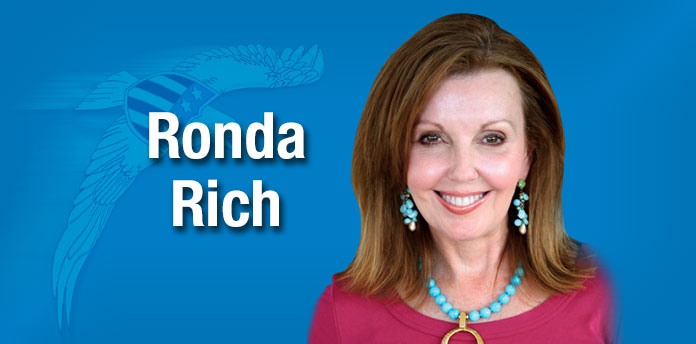In the modest, country home where I grew up, prejudices were not allowed.
Though there was a serious bias against what Daddy called “no accounts,” men who laid up drunk and didn’t feed their families.
So, Daddy had a list, always, of about four or five women, with squalling kids and electric company cut-off notices, that he called weekly to make sure they had food and money for necessities.
“I shore do hate to ask but the teacher’s startin’ to get aggravated,” said one. “My girl needs a Blue Horse notebook for her schoolin’. It’s 89 cents.”
“Too sorry to live,” Mama opined about those men, then she’d cut back so Daddy could see after a dozen kids with worthless fathers.
That was the only prejudice we had in our household.
Boy, you didn’t want to get sideways with my Daddy about putting down people of another race, gender, or religion. Growing up, we never called anyone names that pertained to their culture or skin color. To this day — and Tink often laughs about this — I have virtually no knowledge of slang words. Watching a movie one night, someone called another a “d*go” and a fight broke out so I figured that wasn’t good.
“What does that mean?” I asked Tink.
He swirled around in his chair and looked at me with curiosity. He tilted his head, saying, after a moment’s thought, “You really are so innocent, aren’t you?”
“I don’t know what that word means,” I replied, wondering how two four-year college degrees could let me down like this.
“It’s a slur against Italians. It’s demeaning.” He threw out three or four other demeaning names for people of ethnicity. Other than Appalachian poor, I knew none.
Tink shook his head in admiration. “How do you grow up like that? Get to be your age and still not know such words?”
“You have Ralph Satterfield as your Daddy and the threat of his belt meeting your bottom.”
If I heard my Daddy say it one time, I heard it a thousand, “There’s no big I’s and no little you’s in God’s eyes. We’re all this same.”
I grew up on the tail end of civil rights riots and women’s liberation rallies. I was too young to understand but I was aware, by passing by the TV set when Walter Cronkite was on, that people in city streets with signs, yelling, was not a good thing.
But, back in our home on a little country road, I only knew what I was being taught, “Be kind to everyone and share what you have.”
One night, when I was eight, my teacher called Mama. Teachers still did that back in those days.
The teacher explained that I had been giving my lunch money to a skinny little girl with matted, blonde hair, who lived in a tumbling down shack. Bless her. She was starved to death so, every day, I handed her my lunch money. She looked at me with such bone-deep gratitude.
Mama didn’t know because I had said nothing. I wasn’t praised or extolled. Daddy simply started giving me two lunch moneys and said, “See that that little girl gets fed.”
A few months ago, when attacks began against the Jews, I was stunned. I thought we, as a nation, were past antisemitism. Astonished, I am still.
“The Jews are God’s chosen people. Don’t you let me ever hear you say a word against them,” Daddy preached.
As the news of the Middle East grew more troubling and the ugliness began spreading in our country, I emailed one of my life’s most important people. A New York agent who discovered me, then craftily negotiated big contracts for me. He’s Jewish.
Heartbreak drenched a lengthy reply from him which included, “This is a time of great pain and soul searching for the Jewish people and right-thinking people like yourself.”
Yes, it is. But remember: Jesus was a Jew.
Happy Easter.
[Ronda Rich is the best-selling author of “St. Simons Island: A Stella Bankwell Mystery.” Visit www.rondarich.com to sign up for her weekly newsletter.]













Leave a Comment
You must be logged in to post a comment.